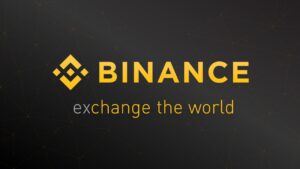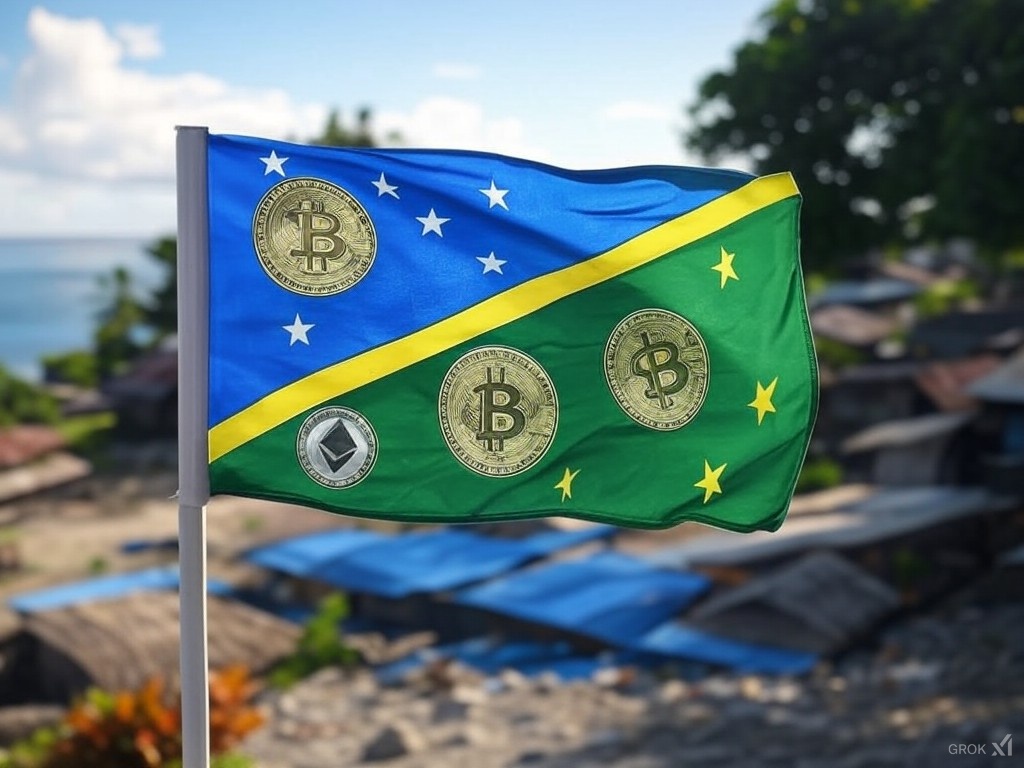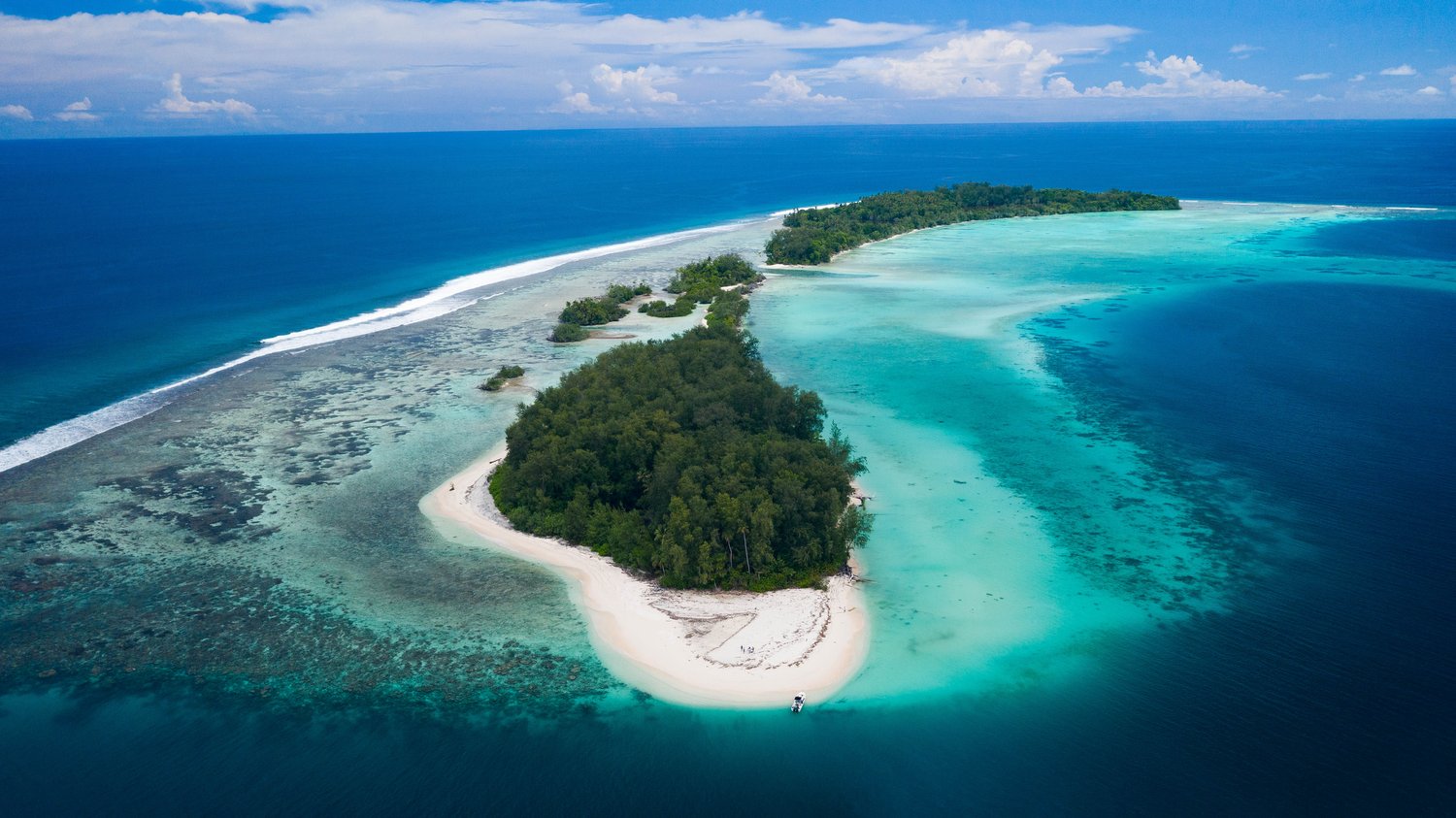The Solomon Islands, a stunning archipelago in the Pacific, has a growing interest in cryptocurrencies. While the country is still in the early stages of digital asset adoption, global trends in cryptocurrency are slowly making their way to the islands. This guide will walk you through the process of buying, storing, and using cryptocurrencies in the Solomon Islands.
1. Introduction to Cryptocurrencies
Cryptocurrencies are digital currencies that use cryptography for secure transactions, making them resistant to counterfeiting. Bitcoin (BTC), Ethereum (ETH), and other altcoins offer many benefits, such as decentralized control, lower transaction fees, and the ability to send money across borders quickly. In the Solomon Islands, cryptocurrency can serve as an alternative investment and a tool for cross-border payments.
2. Regulatory Environment in the Solomon Islands
Currently, there are no specific laws or regulations in the Solomon Islands that govern cryptocurrencies. However, like many other countries in the Pacific region, the Solomon Islands is watching the global developments of digital currencies closely. While cryptocurrencies are not banned, users should remain aware of any potential future regulations that may impact their use.
It’s important to monitor local news for any updates from the government regarding digital assets and cryptocurrency regulations.
As there are no local cryptocurrency exchanges in the Solomon Islands, residents will need to use international exchanges to buy, sell, and trade digital currencies. Here are some popular global exchanges that are accessible from the Solomon Islands:
- Binance: A leading global exchange offering a wide range of
 cryptocurrencies and trading pairs with low fees and high liquidity.
cryptocurrencies and trading pairs with low fees and high liquidity.
- Coinbase: Known for its user-friendly interface, Coinbase is a great option for beginners who want to buy, sell, and store cryptocurrencies.
- Kraken: Kraken is a well-established exchange offering advanced trading tools, a wide variety of cryptocurrencies, and high security.
- Paxful: A peer-to-peer exchange that allows users to trade directly with each other, offering flexible payment options including local bank transfers.
4. Payment Methods in the Solomon Islands
To purchase cryptocurrencies in the Solomon Islands, you can use various payment methods available on global exchanges:
- Bank Transfers: Many exchanges allow you to fund your account via international bank transfers. Residents can transfer funds from local banks, although international transfer fees may apply.
- Credit/Debit Cards: Major exchanges like Binance and Coinbase accept payments via credit and debit cards for cryptocurrency purchases.
- Digital Wallets: You can also use digital wallets like PayPal or Skrill to buy cryptocurrencies, depending on the exchange.
- Peer-to-Peer (P2P) Trading: Platforms like Paxful allow users to trade directly with others using local payment methods, such as bank transfers, mobile payments, or even cash.
5. How to Buy Cryptocurrency in the Solomon Islands
Here’s a step-by-step guide to purchasing cryptocurrencies in the Solomon Islands:
- Choose an Exchange: Select a reputable cryptocurrency exchange like Binance, Coinbase, or Kraken.
- Complete KYC Verification: Most exchanges will require you to verify your identity by submitting documents such as a passport or national ID.
- Deposit Funds: Deposit funds into your exchange account via a preferred payment method (bank transfer, credit card, etc.).
- Select Your Cryptocurrency: Choose the cryptocurrency you wish to buy, such as Bitcoin, Ethereum, or any other altcoin available.
- Confirm Your Purchase: Double-check the details of your order, and confirm the transaction. Once completed, your cryptocurrency will be added to your exchange wallet.
6. Storing Your Cryptocurrency Securely
After purchasing cryptocurrencies, it’s important to store them securely. Here are some storage options:
- Hardware Wallets: Hardware wallets such as Ledger and Trezor offer offline storage, ensuring your crypto is safe from online hacks.
- Mobile Wallets: Apps like Trust Wallet and MetaMask are great for storing cryptocurrencies on your mobile device.
- Exchange Wallets: While exchanges offer wallets, it’s generally recommended to transfer your assets to a private wallet for better security.
7. Engaging with Crypto Communities in the Solomon Islands
The cryptocurrency community in the Solomon Islands is still in its infancy, but global online communities are a great way to connect with others interested in digital assets. Platforms like Reddit, Telegram, and Discord have active groups that discuss cryptocurrency trends, investment strategies, and provide valuable information.
8. Avoiding Scams and Fraud
Cryptocurrency scams are common in many markets, so it’s crucial to stay vigilant:
- Use reputable exchanges and wallets with strong security measures like two-factor authentication (2FA).
- Avoid investment schemes that promise guaranteed returns or seem too good to be true.
- Never share your private keys or sensitive information with anyone.
- Verify the legitimacy of anyone you trade with, especially when using P2P exchanges.
9. Tax and Legal Considerations
Currently, the Solomon Islands does not have specific tax regulations related to cryptocurrency. However, as with any investment, it’s important to stay informed about any potential tax liabilities or reporting requirements that may arise in the future. It’s advisable to consult with a local financial advisor or tax professional if you’re unsure about your obligations.
10. The Future of Cryptocurrencies in the Solomon Islands
While cryptocurrency adoption in the Solomon Islands is still at an early stage, the growing interest in blockchain technology and digital assets worldwide suggests that the country may gradually embrace these innovations. As cryptocurrencies continue to gain traction globally, it’s likely that the Solomon Islands will see increased usage of digital currencies for investment, remittances, and other financial services.
Final Thoughts
Cryptocurrencies offer exciting opportunities for people in the Solomon Islands to diversify their investments and access global financial markets. By using trusted exchanges, securing your assets, and staying informed about the regulatory landscape, you can confidently navigate the world of cryptocurrencies in the Solomon Islands.


